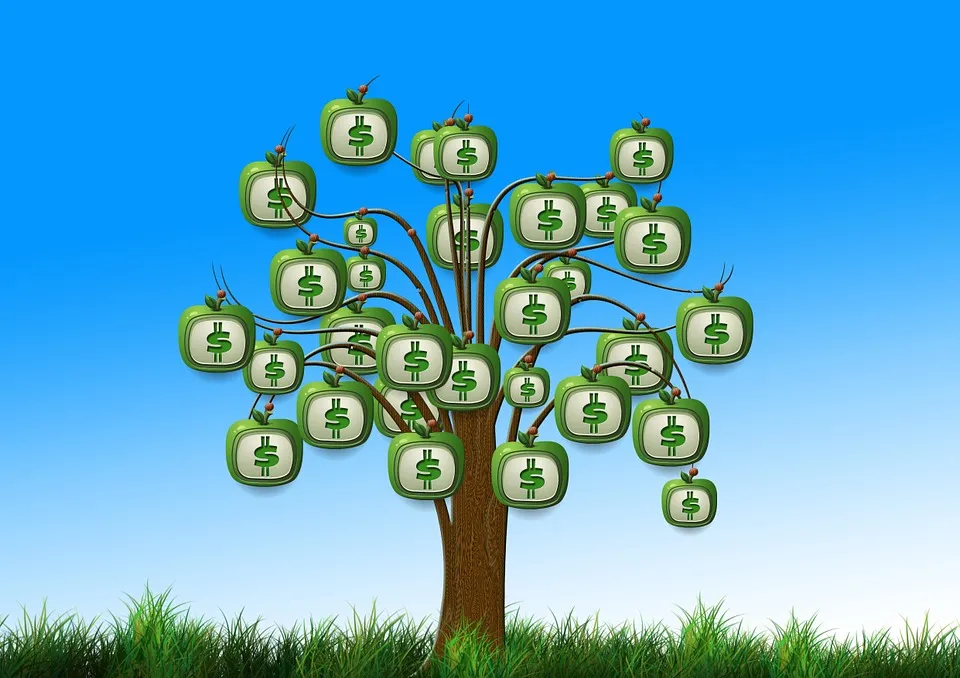
Understanding most of the economic problems debated in the media and in politics requires knowledge of only the most basic concepts of economics—and yet these values remain unfamiliar to much of the population, and are generally ignored by politicians and journalists, and even by many Scholars outside the economics sector.
Economic concepts are valid globally and have been applied over thousands of years of recorded history. Many distinct ones, they apply in Capitalist, communist, colonial, or any type of economies, and among a wide range of populations, societies, and governments. The regulations on rent control imposed in Cairo, Hong Kong, Stockholm, Melbourne, and New York, result to very similar consequences. So, similar agricultural policies are in place in India and in the countries of the European Union.
There are also revealing variations in economic policies from one nation to another. There were financial reasons why manufacturing companies had same inventory as it was available in the days of the Soviet Union though inventories of materials were stored in some Japanese companies. Like Toyota, it is only sufficient to last a matter of hours, with new components and equipment arriving at the factory at different times during the day to be unloaded from trucks and instantly mounted on cars because they are being assembled.
Economics is more than just a way to see trends or to unravel anomalies that are puzzling. Its basic concern is the material quality of the life of society as a whole and how it is influenced by individuals and organizations' unique choices. One of the means of doing this is a look at economic policies and economic processes rather than just the objectives they seek, in terms of the incentives they make. This suggests that these implications matter more than intentions and not just the immediate effects, but also the longer-term repercussions of decisions,
policies, as well as institutions.

Nothing is better than having good intentions, but good intentions can lead to catastrophic intentions without an understanding of how an economy functions. Implications for an entire nation. Many, if not most, economic catastrophes have resulted from policies that are meant to be helpful, and these catastrophes may could have been avoided if economics had been known by those who originated and endorsed such policies.
The value of economics is decided upon by many people, but there is far less consensus about exactly what economics is. Among the misinterpretations of Economics is because it is something that informs you how to make money or run a corporation or forecast the stock market ups and downs. But, uh, Economics is not private finance or business administration, and the forecast of stock market ups and downs has yet to be reduced to areliable formula.
We must first know what an economy is to know what economics is. Perhaps most of us think of the economy as a production and production system. The distribution in everyday life of the goods and services we use. As far as it goes, that is true, but it does not go far enough. The Eden Garden was a system for the production and distribution of goods and services, but it was not an economy, because there was unlimited availability of everything. There isn't any need to economize without scarcity and here bitcoin comes into play...
